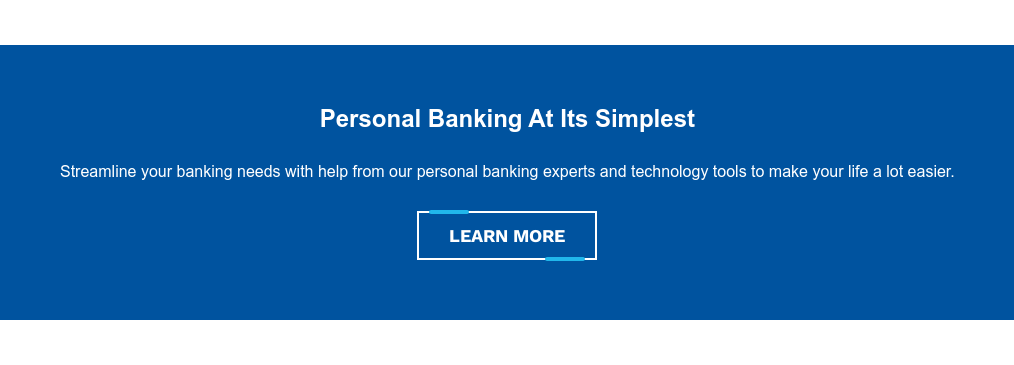Debit and credit cards may seem similar, but their features and uses are quite different. Learn how these cards work before you make your next purchase.
A debit card and credit card may look similar. But when you swipe to make a purchase they function very differently. Understanding this difference can help you choose the right card and effectively manage your finances.
The main difference between a debit card and credit card is where they pull money from.
A debit card takes funds straight from your banking account. A credit card charges your purchase against a line of credit.
With a debit card, your purchase is placed on hold in the amount of the purchase. The merchant sends the transaction to its bank, which transfers funds from the cardholder account to the merchant’s account. The best part about debit cards is that no interest is added to your purchase and your credit history is unaffected by your spending.
With a credit card, the card-issuing bank pays the merchant, and you pay the bank later when you receive your monthly statement. To avoid interest charges, pay the bill by the due date and don’t carry a balance into the next month. Credit cards have high interest rates, and your balance and payment history can affect your credit score.
Which Should You Choose?
If you’re imposing a spending limit on yourself, debit cards come in handy. Debit cards make it harder to overspend since you’re limited to the amount in your checking account.
If you purchase primarily with a credit card, you may be tempted to spend beyond your means. For example, a $1,500 credit card limit doesn’t mean you can afford to spend that much, if it exceeds your monthly budget.
A debit card is a safe and easy way to manage your money and help you live comfortably within your means.
Credit cards, on the other hand, can be useful in an emergency. Access to a line of credit allows you to pay bills while you gain control over your finances. Nevertheless, be aware that depending on credit in emergency situations can set you up for big interest payments if you can’t pay in full by the due date.
A better solution for surprise expenses is to have discretionary savings or an emergency fund.
If you have a low credit score, you should use your credit card only when necessary. However, you can improve your credit score by charging small, manageable amounts to your credit card and paying off the balance every month. This creates a positive credit history that can lift your credit score over time.
Selecting The Right Card
When deciding to use a debit card or credit card, consider these questions:
- Can I handle this kind of credit right now?
- Have I had overspending issues in the past?
- Do I pay my credit card bills on time?
Credit cards offer perks like rewards programs. But these programs only benefit you when you pay off your balance every month.
Debit cards also offer rewards programs, such as Diamond Cash Rewards on BusinessSmart™ and Above The Norm™ checking accounts from Stearns Bank. These programs pay back a percentage of every debit card purchase (up to a monthly limit). For BusinessSmart Checking, users earn 1.00% on debit card purchases. And, another benefit for debit card users, the account holder earns interest on their balance.
Debit card programs vary by financial institution, so do your research and select an account offering the best deal on rewards, fees, interest and convenience.
A convenient debit card feature that is growing in popularity is mobile wallet. These programs, which include Apple Pay and Google Pay, store account information on your mobile device. Mobile wallet payments are more secure than a physical card, because account information is hidden or encrypted. As a result, your account information cannot be stolen or compromised by a third party.
Mobile wallet also is faster and more convenient than chip readers or swiping your card at checkout.
Fraud Protection
Debit cards and credit cards carry different kinds of safeguards.
If your debit card is reported lost or stolen, your liability varies depending on how quickly you report it:
- Within two business days: up to $50
- More than two business days, but less than 60 calendar days after your statement is sent to you: $500
- More than 60 calendar days after your statement is sent to you: all the money in your account
The Fair Credit Billing Act limits liability for a stolen credit card to $50. No matter what card you have, you should immediately report a card that is lost or stolen.
In addition, after you report the card as missing, you should send a written statement by mail or email. You can screenshot your account for charges you didn’t make and report them to your financial institution.
Stolen debit or credit cards are a serious matter. You should review your account statement periodically to find charges that are untraceable or abnormal. If your credit card is stolen, you may freeze your credit to help protect against fraudulent charges.
